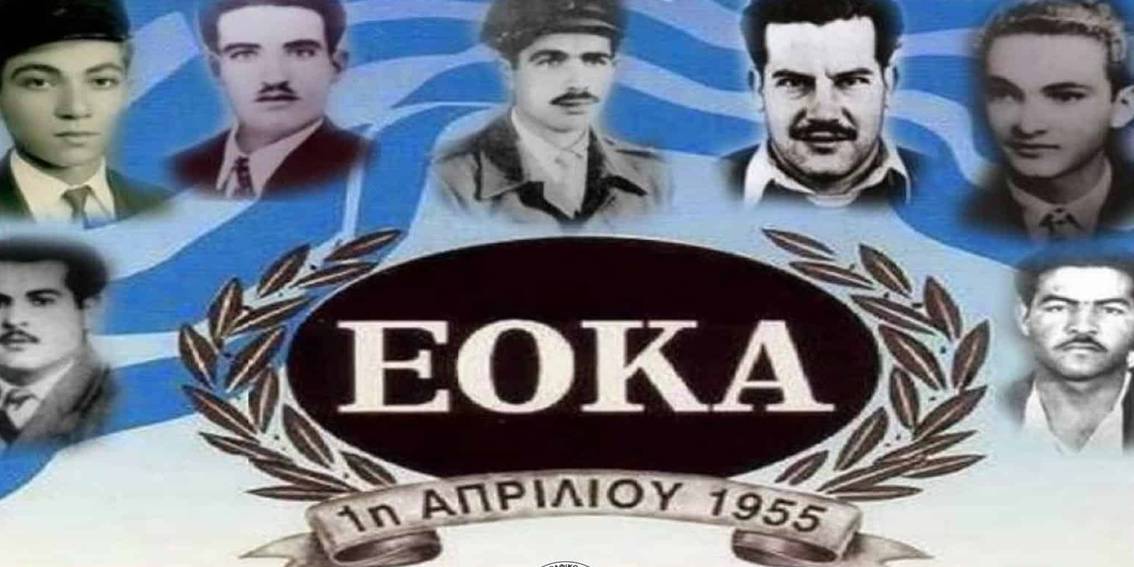Cyprus National Day
Cyprus National Day, celebrated annually on April 1st, commemorates the launch of the EOKA liberation struggle against British colonial rule in 1955. This day holds immense historical and cultural significance for the people of Cyprus, symbolizing their fight for self-determination and freedom. On this day, Cypriots honour the courage and sacrifices of those who participated in the EOKA movement, reflecting on the enduring impact of their struggle.
Historical Background
The events leading to EOKA Day began during British rule over Cyprus, which started in 1878. Cypriots sought to achieve union with Greece, a movement known as Enosis. British authorities, however, rejected these aspirations and maintained strict control over the island. Dissatisfaction and frustration simmered among Cypriots, especially as British policies ignored the cultural and political identity of the Greek majority.
In response, the National Organization of Cypriot Fighters (EOKA) emerged under the leadership of Georgios Grivas, a seasoned Greek officer. EOKA aimed to achieve Enosis through a coordinated resistance campaign. On April 1, 1955, EOKA launched its first wave of attacks, targeting British military installations and communication networks. This marked the beginning of a fierce struggle for independence.
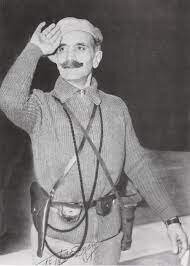
The Struggle for Freedom
The EOKA campaign involved guerrilla warfare, strategic sabotage, and widespread public support. Fighters operated in small, mobile units, relying on surprise and resourcefulness. The British authorities responded with harsh measures, including arrests, detentions, and the deployment of thousands of troops. These tactics escalated tensions, but they failed to suppress the determination of EOKA fighters and their supporters.
Throughout the struggle, Cypriots endured significant hardships. Villages faced raids, families experienced separation, and many individuals suffered imprisonment or exile. Despite these challenges, the movement gained momentum. EOKA’s leaders inspired resilience and unity among the population, emphasizing the shared goal of freedom and self-determination.
The campaign eventually led to the Zurich and London Agreements of 1959, which established the Republic of Cyprus in 1960. Although independence replaced
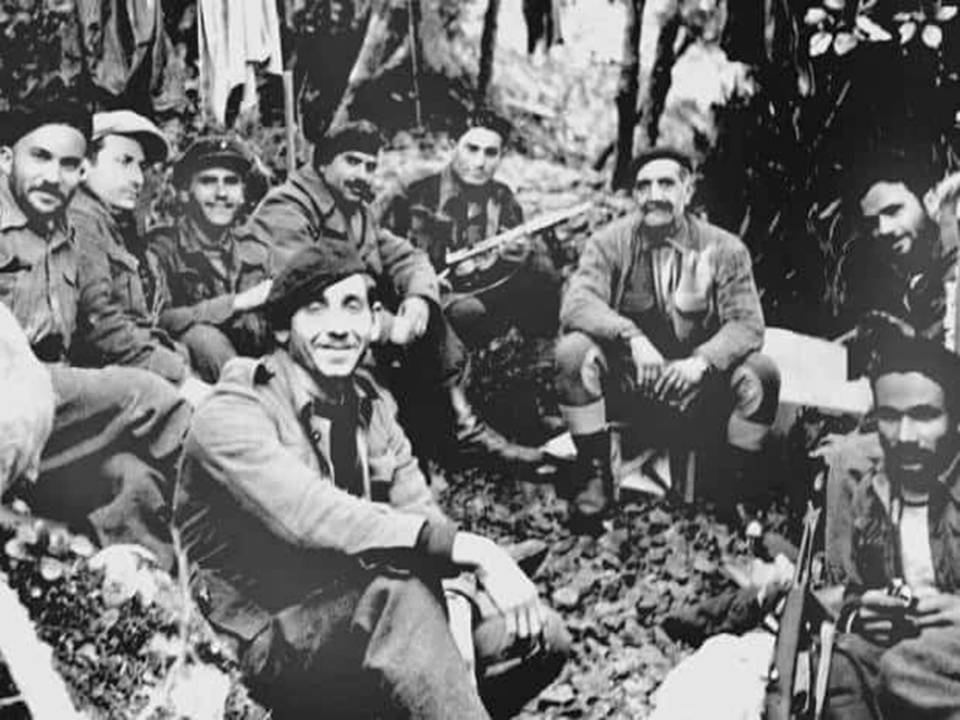
colonial rule, the dream of Enosis remained unfulfilled, reflecting the complexity of the island's political landscape.
Modern Commemoration
EOKA Day serves as a time for reflection and national pride in Cyprus. Across the island, schools, community groups, and government institutions organize events to honour the contributions of the EOKA fighters. Ceremonies often include the laying of wreaths at memorials, patriotic speeches, and cultural performances that highlight the island’s heritage.
Churches hold special services to pray for those who lost their lives during the struggle. These gatherings foster a sense of unity and collective memory among Cypriots, ensuring that the sacrifices of the past remain an integral part of the nation's identity. Educational programs also play a crucial role, as students learn about the historical events and ideals that shaped modern Cyprus.
In addition to honouring the past, EOKA Day encourages dialogue about Cyprus's future. The day reminds citizens of the importance of resilience, unity,

and the ongoing pursuit of justice and peace. For many, it symbolizes the enduring spirit of the Cypriot people and their determination to preserve their culture and sovereignty.
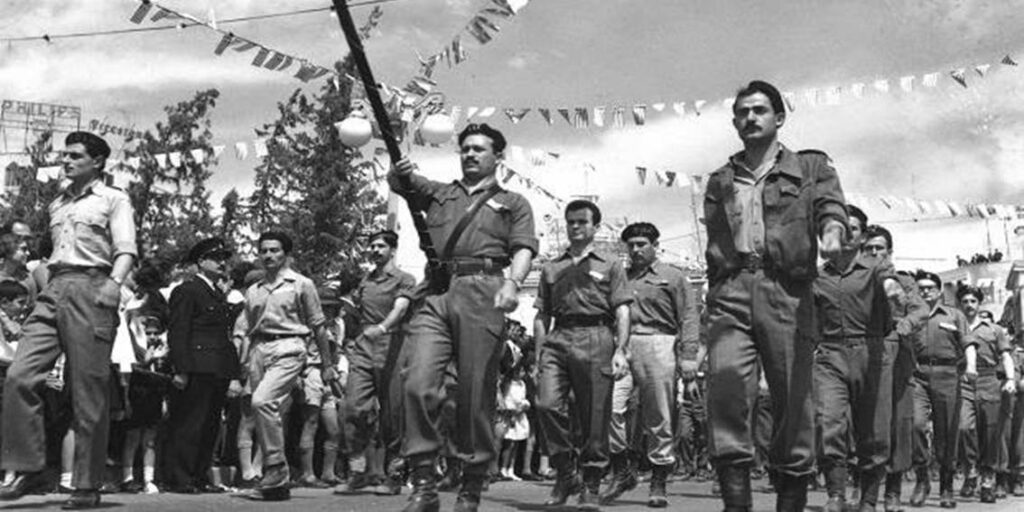
The Legacy of EOKA
The legacy of EOKA extends beyond the events of 1955-1959. It embodies the aspirations of a nation striving for self-determination and freedom from external control. The movement’s history serves as a reminder of the power of collective action and the sacrifices required achieving national goals.
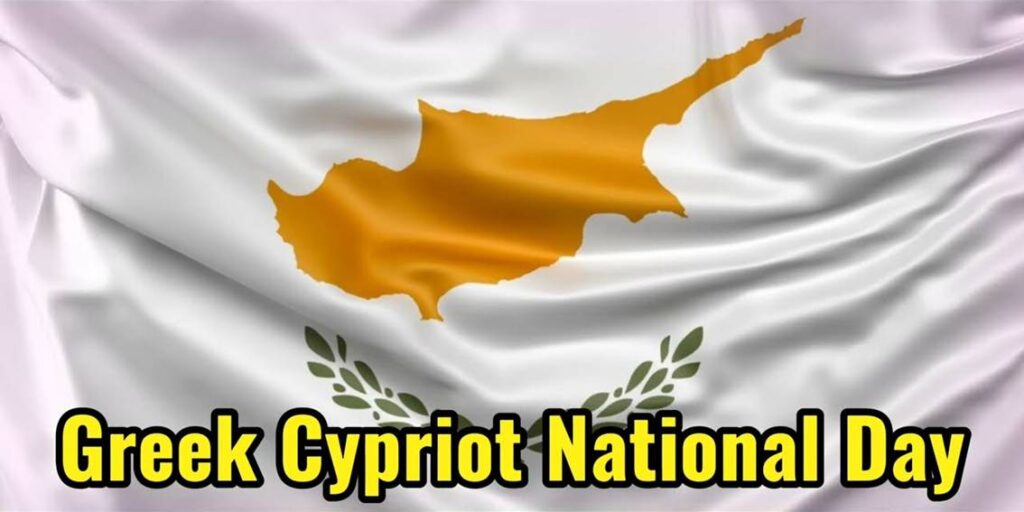
Critics of EOKA’s methods have raised concerns about the use of violence and its long-term implications for Cyprus. However, the struggle’s significance lies in its role as a catalyst for change. The determination of the EOKA fighters inspired future generations to value their heritage and advocate for their rights.
Conclusion
Cyprus National Day, or EOKA Day, stands as a testament to the resilience and courage of the Cypriot people. The events it commemorates represent a pivotal chapter in the island’s history, shaping its identity and future. On April 1st, Cypriots unite to honour their past, celebrate their culture, and reaffirm their commitment to the principles of freedom and justice. This day serves not only as a remembrance of struggle but also as a source of inspiration for generations to come.

